Table of Contents
Introduction to Seasoning for Roasted Vegetables
Proper seasoning transforms simple roasted vegetables into flavorful, restaurant-quality dishes. Unlike baking, roasting concentrates natural sugars and creates caramelized edges, making spice selection crucial for balancing textures and flavors. This guide provides actionable techniques to maximize taste without complicated recipes.
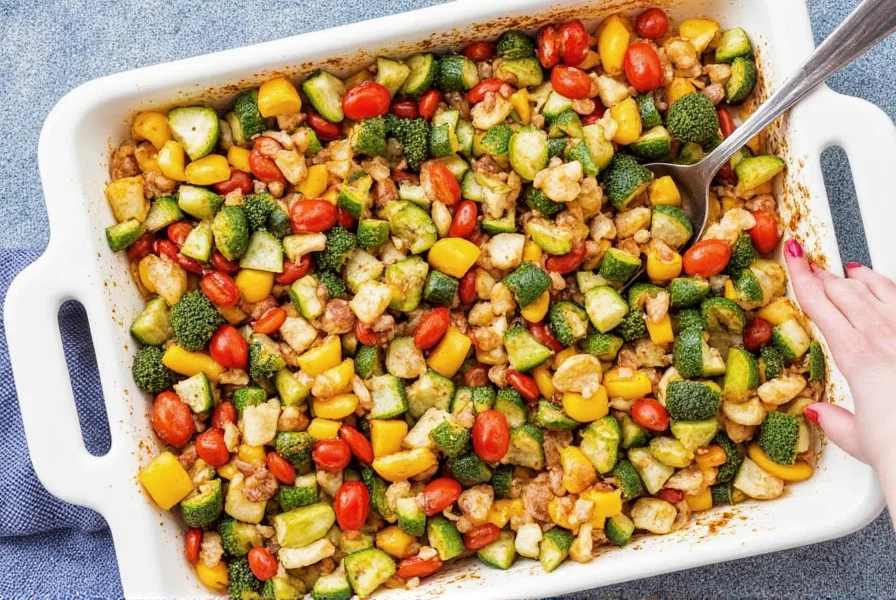
Roasting vegetables requires different seasoning approaches than baking. The high heat intensifies flavors, so understanding how spices interact with moisture loss and caramelization is key. This section covers foundational principles to build your seasoning expertise.
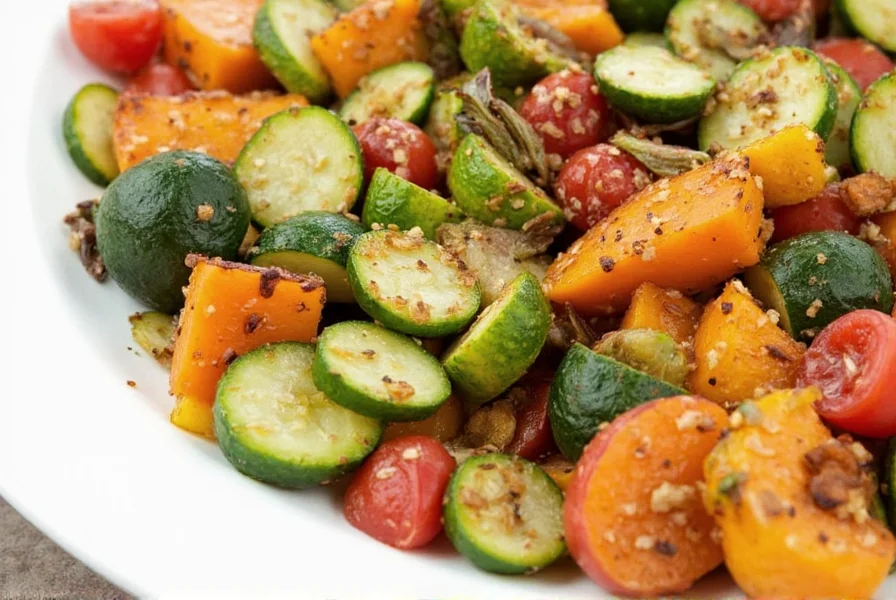
Practical Tips for Seasoning Roasted Vegetables
Follow these evidence-based techniques for consistent results:
- Pre-roast seasoning timing: Apply oil and dry spices 15-20 minutes before roasting to allow flavors to penetrate. Add fresh herbs and acid (vinegar/citrus) after cooking to preserve brightness.
- Oil quantity: Use 1 tablespoon per pound of vegetables. Too little causes sticking; too much creates sogginess.
- Salt application: Sprinkle salt evenly before roasting to draw out moisture for crispier results. Avoid over-salting by starting with 1/2 teaspoon per pound.
- Heat management: For delicate vegetables (zucchini, asparagus), use lower heat (375°F) to prevent burning. Heartier vegetables (potatoes, carrots) benefit from higher heat (425°F) for caramelization.
- Uniform cutting: Cut vegetables into consistent sizes for even cooking. Dense vegetables like beets should be smaller than softer ones like bell peppers.
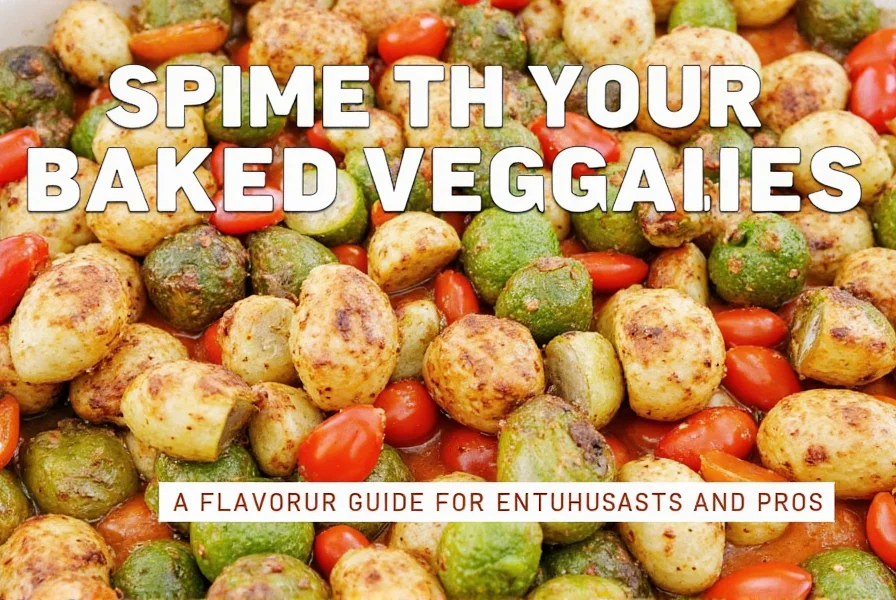
Flavor Combinations That Work Wonders
These tested pairings enhance natural vegetable characteristics:
| Vegetable | Recommended Seasoning | Flavor Profile |
|---|---|---|
| Carrots | Cumin, coriander, smoked paprika | Earthy warmth with subtle smokiness |
| Zucchini | Dried oregano, garlic powder, lemon zest | Herbaceous brightness with citrus lift |
| Brussels sprouts | Garlic powder, red pepper flakes, balsamic vinegar | Rich umami with balanced heat |
| Beets | Fresh dill, black pepper, orange zest | Fresh earthiness with citrus contrast |
| Broccoli | Turmeric, ginger, sesame oil | Warm spice with Asian-inspired depth |
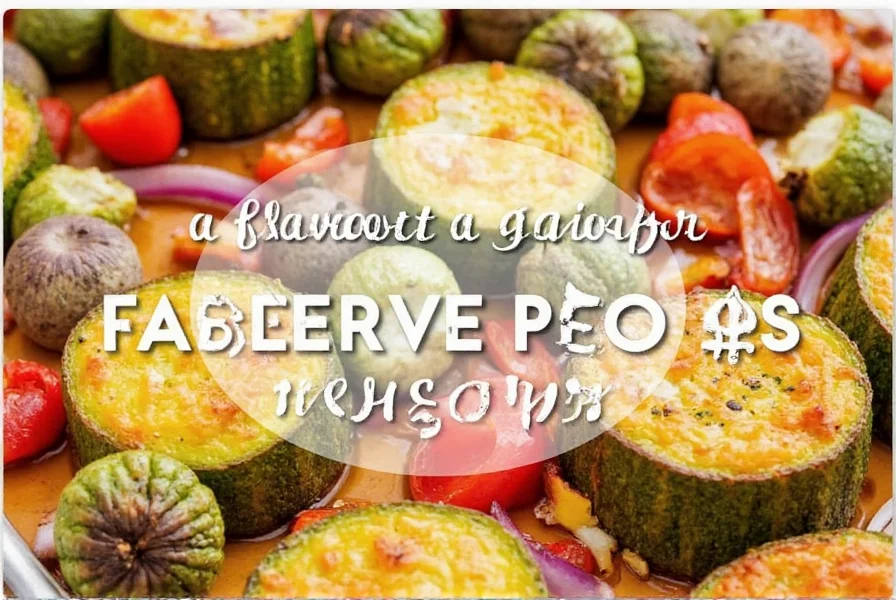
Choosing Quality Spices
Select spices that maintain potency and purity:
- Check expiration dates: Ground spices lose flavor after 6-12 months. Whole spices last 2-3 years but should be freshly ground before use.
- Source transparency: Choose brands disclosing origin and processing methods. Avoid blends with fillers like rice or anti-caking agents.
- Storage best practices: Keep spices in airtight containers away from light and heat. Never store near stovetops or dishwashers.
- Testing freshness: Crush a small amount between fingers. Strong aroma indicates potency; weak scent means replacement is needed.
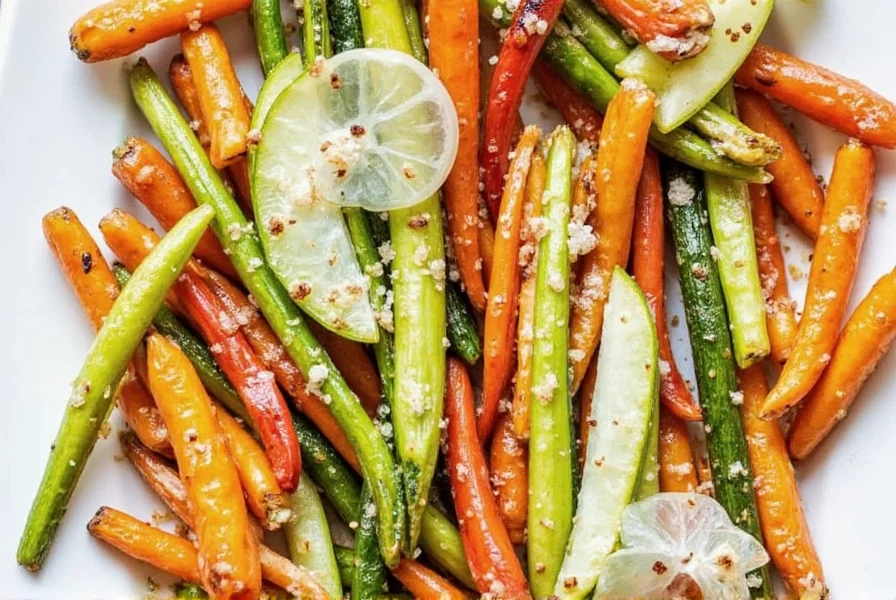
Frequently Asked Questions
When should I add salt to roasted vegetables?
Add salt 15-20 minutes before roasting. This draws out surface moisture for crispier results. Avoid adding salt too early (more than 30 minutes) as it can make vegetables soggy through osmosis.
Can I use fresh herbs for roasting?
Yes, but add delicate herbs (basil, cilantro) in the last 5 minutes of cooking. Heartier herbs (rosemary, thyme) can be added at the start. For maximum flavor, crush fresh herbs against the cutting board before applying.
How do I prevent roasted vegetables from sticking?
Toss vegetables thoroughly in oil before spreading on the baking sheet. Use parchment paper or silicone mats for non-stick surfaces. Avoid overcrowding - leave 1/2 inch space between pieces for proper air circulation.
What's the best oil for roasting vegetables?
Avocado oil (smoke point 520°F) or refined olive oil (smoke point 465°F) are ideal for high-heat roasting. Avoid extra virgin olive oil for temperatures above 400°F. For Asian-inspired dishes, use toasted sesame oil sparingly (1-2 tsp per pound) added after roasting.
Why do my roasted vegetables turn out soggy?
Sogginess usually results from: 1) Overcrowded baking sheets trapping steam, 2) Excess oil coating vegetables, 3) Adding salt too early (more than 30 minutes before cooking). Ensure vegetables are dry before seasoning and use a single layer on the pan.
Conclusion
Mastering roasted vegetable seasoning combines science and creativity. By understanding heat interaction, proper timing, and spice quality, you can elevate simple vegetables into showstopping dishes. Remember: consistency in cutting, appropriate oil quantity, and strategic seasoning timing matter more than complex spice blends. Start with these fundamentals, then experiment with flavor combinations to discover your signature style.
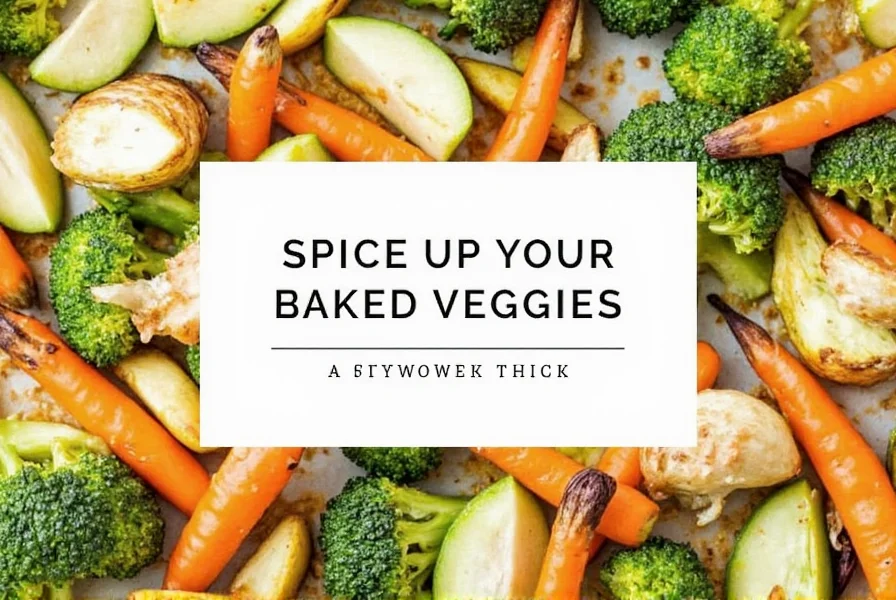
Every great chef started with basic techniques. With practice, you'll develop an intuitive sense for how spices transform vegetables - turning everyday meals into memorable culinary experiences.

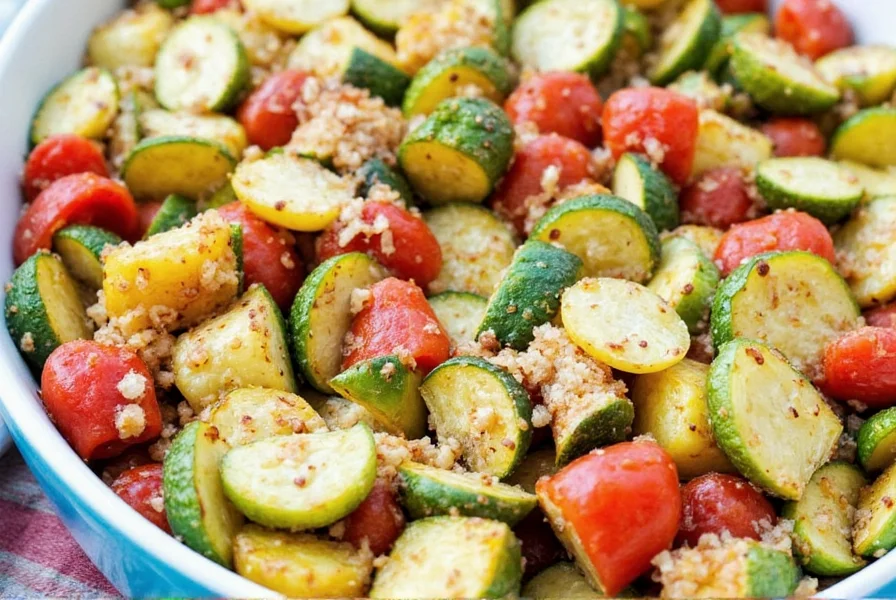









 浙公网安备
33010002000092号
浙公网安备
33010002000092号 浙B2-20120091-4
浙B2-20120091-4